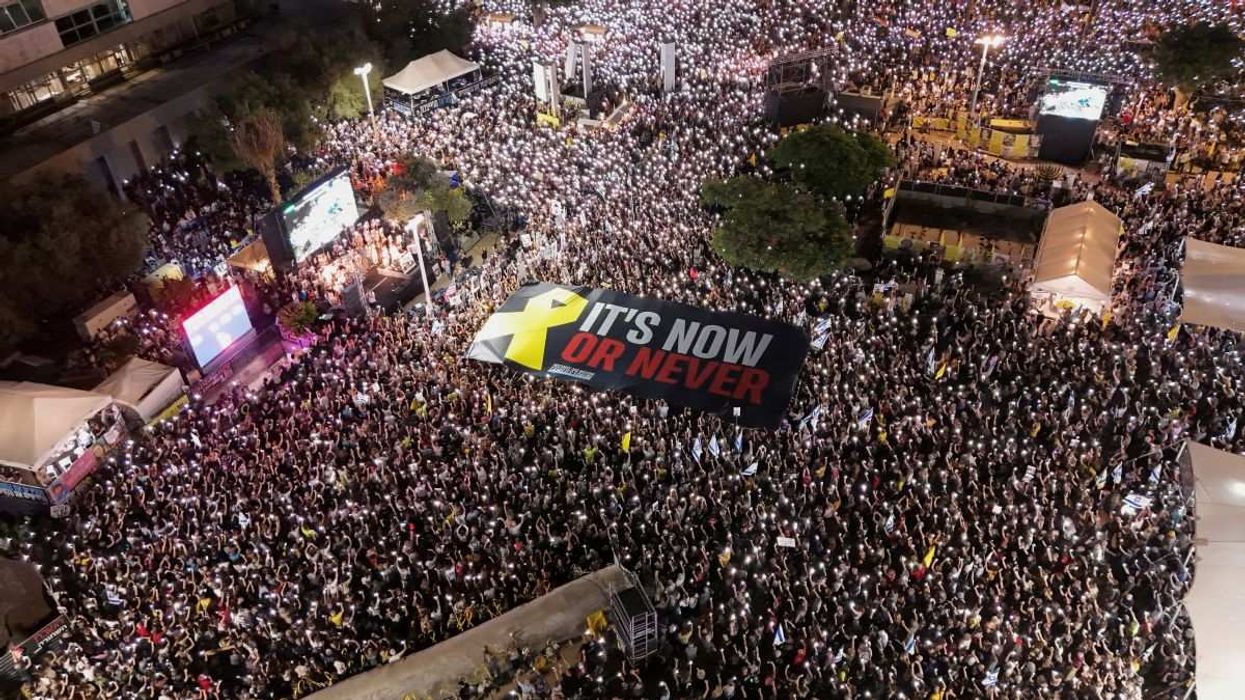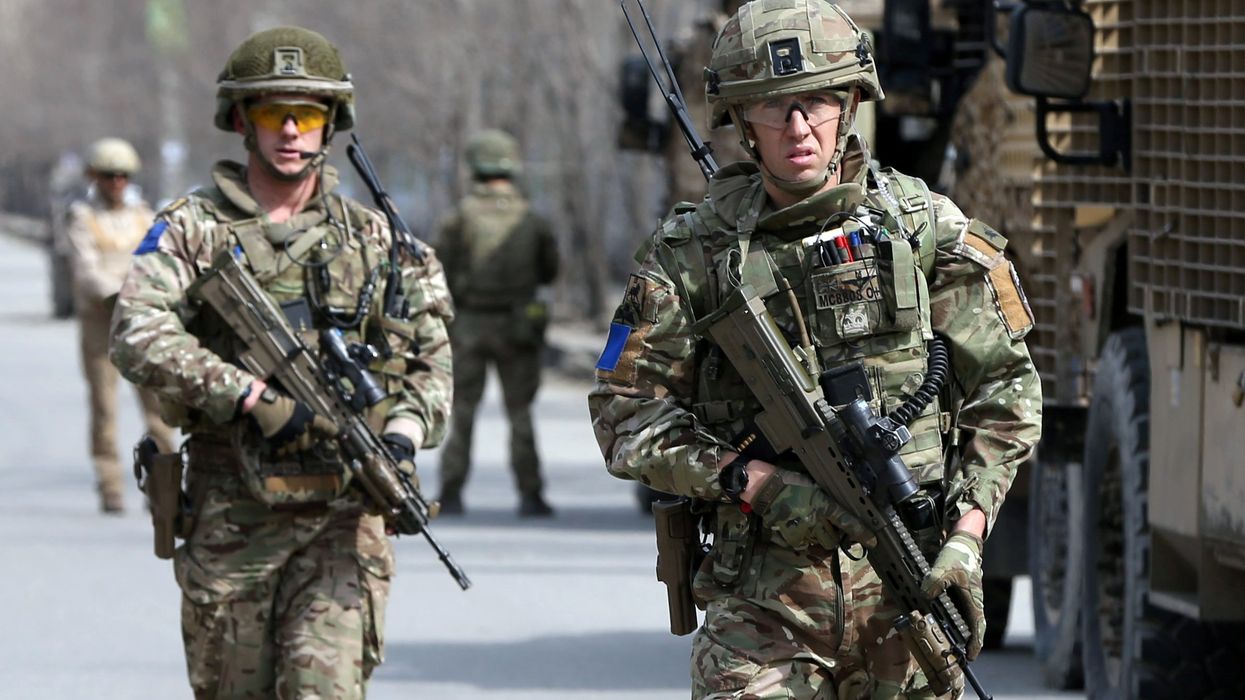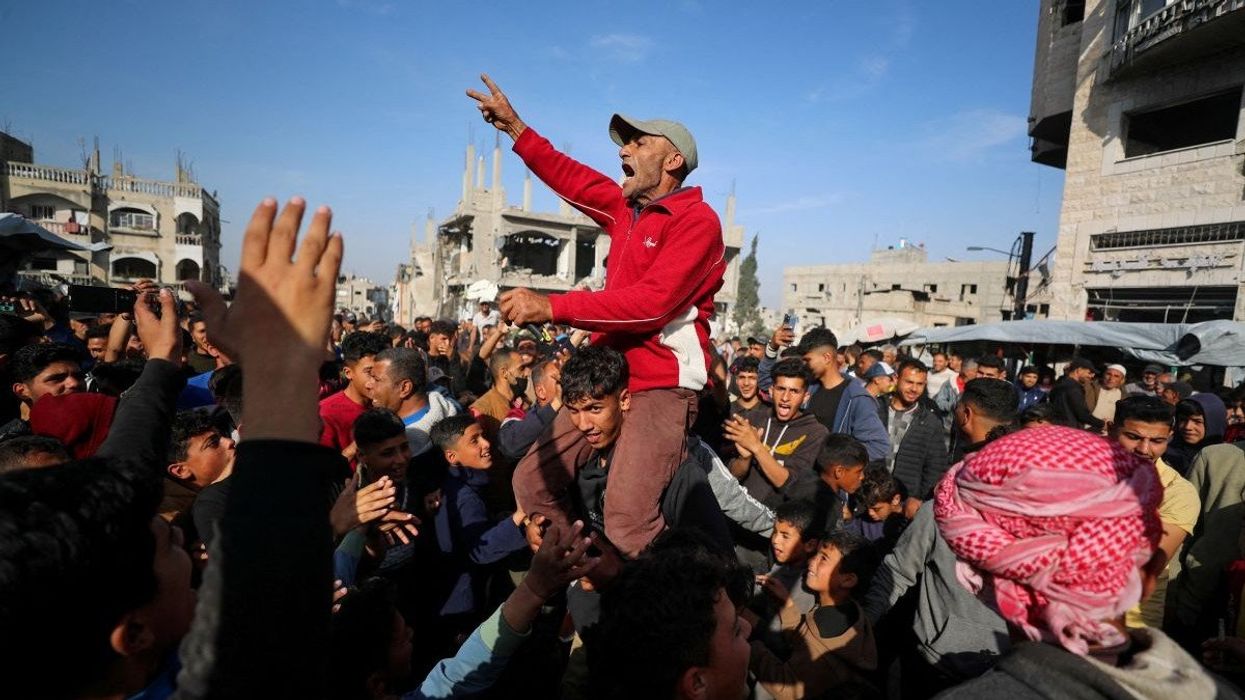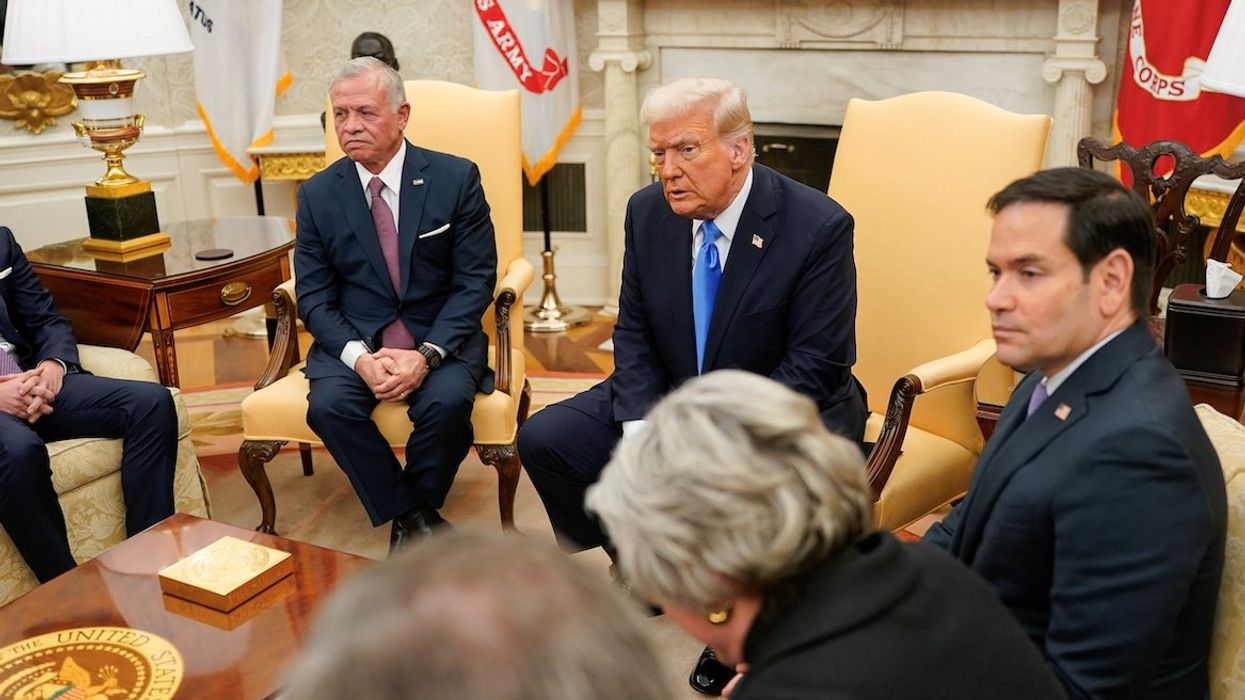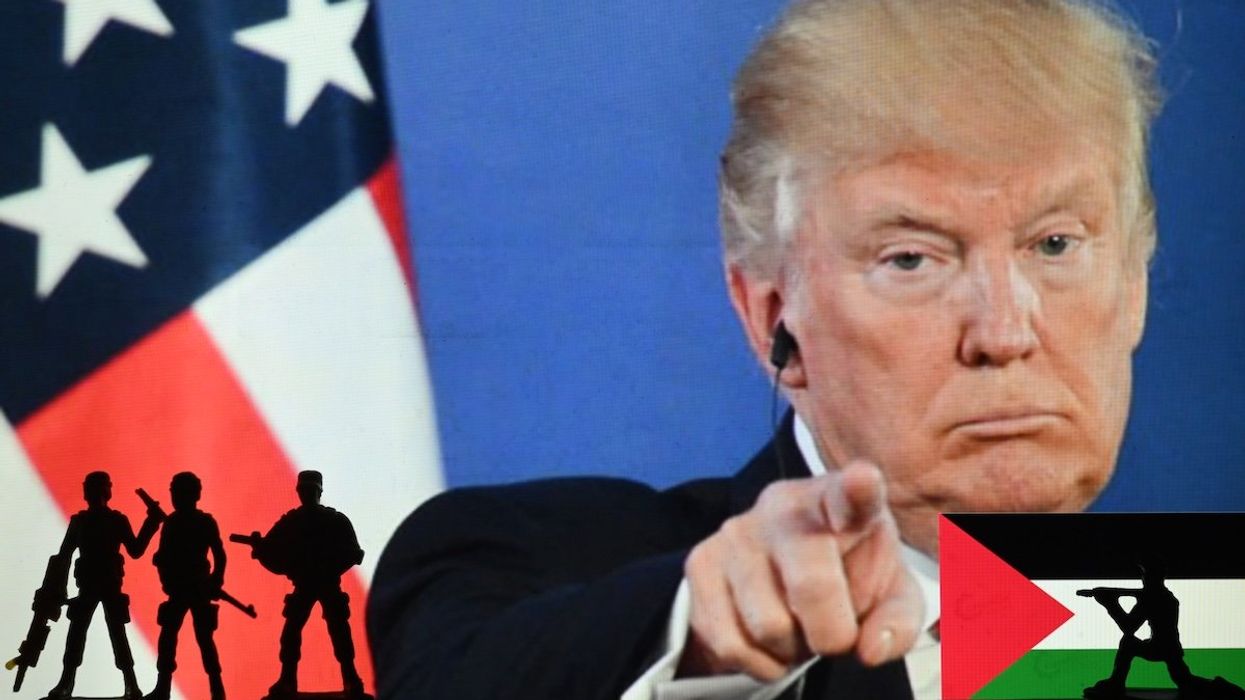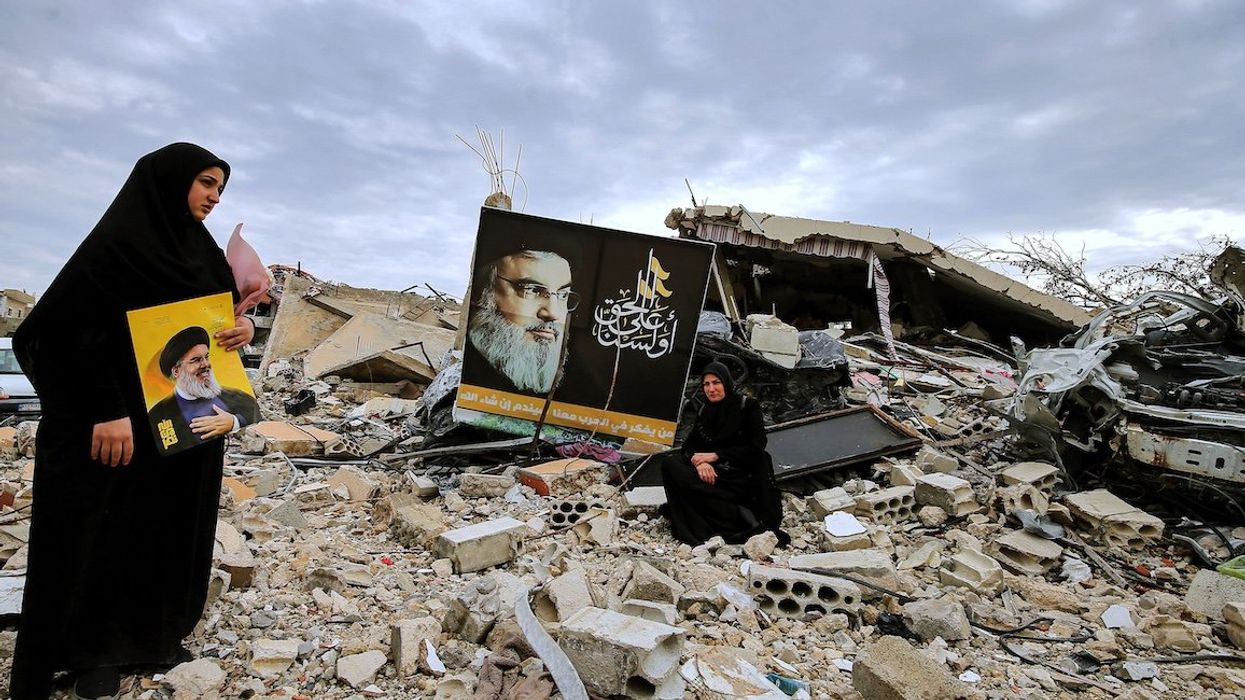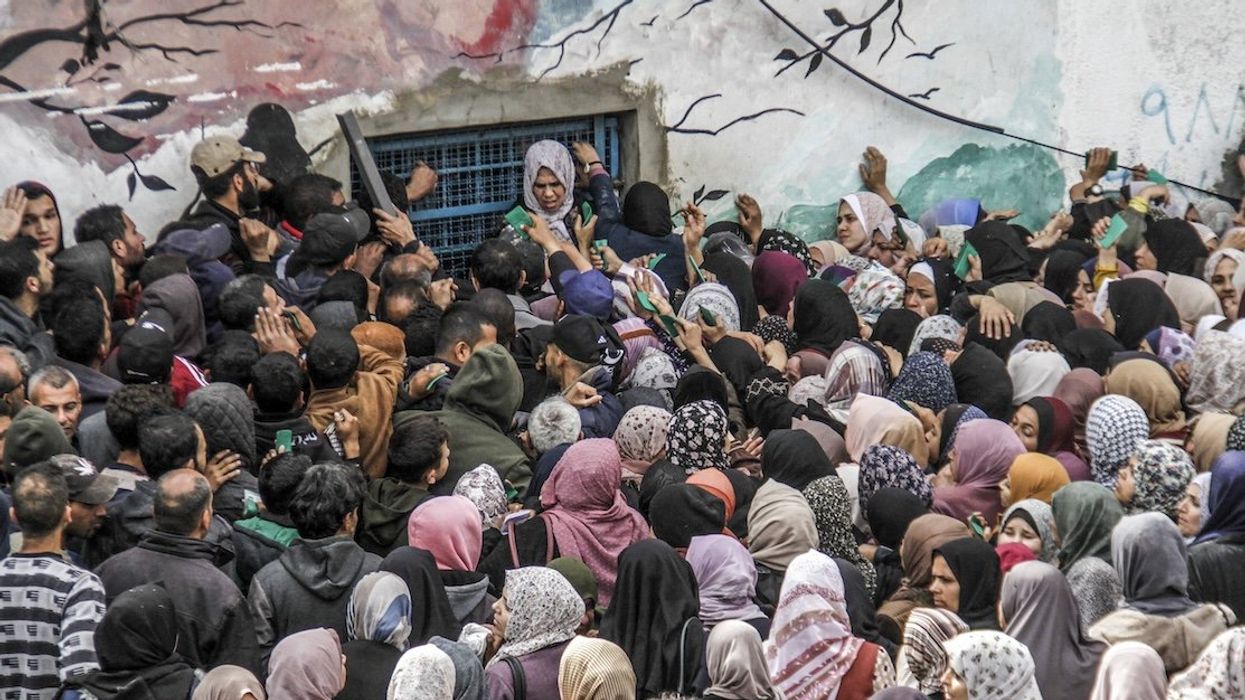Analysis
How Oct. 7 has transformed Israel, Palestine, and the world
Two years ago today, Hamas launched a surprise attack on Israel, killing 1,200 people and taking 250 hostages. In response, Israel has carried out a military campaign that has demolished 78% of the Gaza Strip, and killed 66,000 Palestinians according to local health authorities.
Oct 07, 2025
